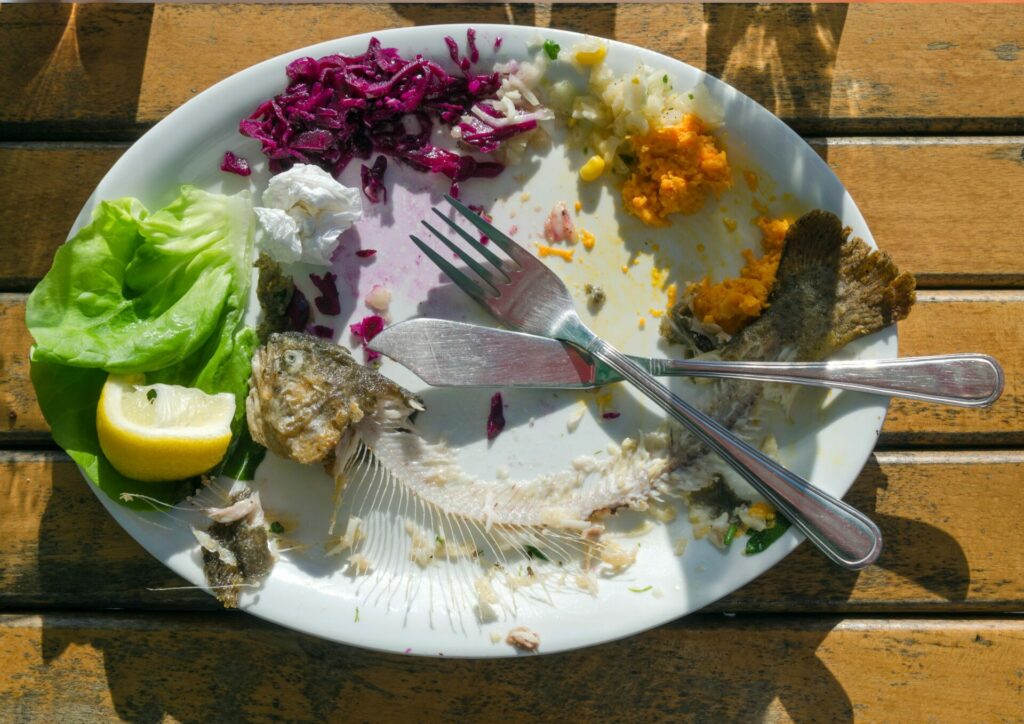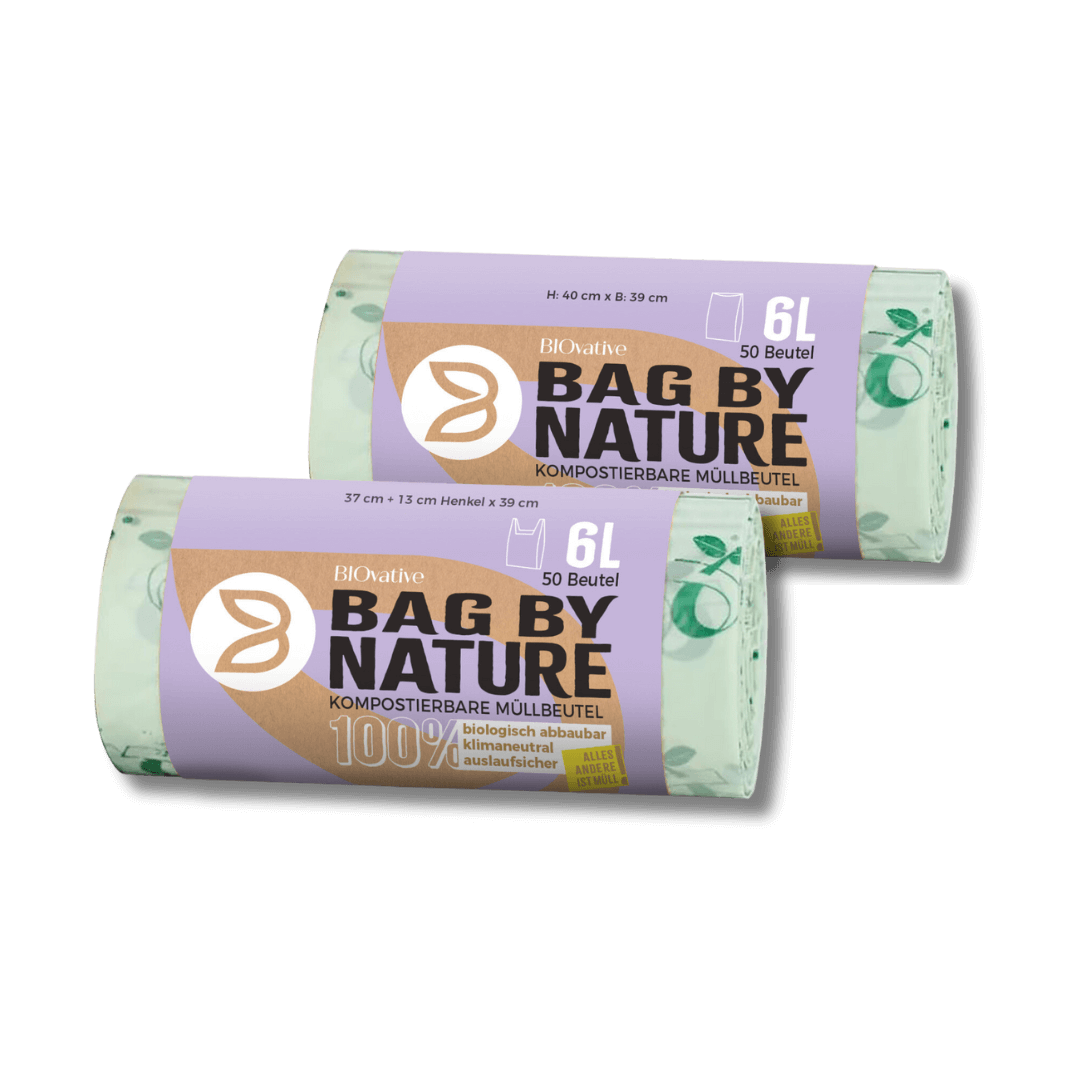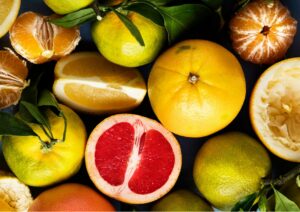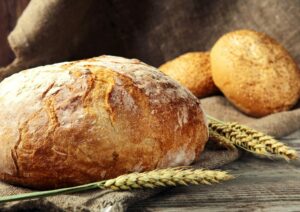Glossary » food scraps
food scraps
Food scraps in organic waste - What belongs in the organic waste bin?
Do you often wonder what to do with all the leftovers? The good news: food scraps can go in the organic waste bin! Almost all organic kitchen waste left over from cooking or eating belongs in the organic waste bin.

What can go into the organic waste bin?
Fruit and vegetable peelings, coffee grounds, leftover tea, eggshells and even bones – all these food scraps belong in the organic waste bin. Leftovers from plates that have not been eaten can also be disposed of here.
The organic waste bin is specially designed for organic waste such as food scraps. They are collected here and later processed into compost or biogas. This closes the natural cycle: Your food scraps in the organic waste bin become new breeding ground for plants, which in turn grow into food.
Organic or residual waste?
Many people wonder whether food scraps belong in the organic waste bin or in the residual waste. As a general rule, food scraps belong in the organic waste bin, not in the residual waste. They cannot be recycled in residual waste and usually end up being incinerated. In the organic waste bin, on the other hand, they are converted into compost or biogas.
Exception: Heavily mouldy food or leftover food with pathogens should be disposed of in the residual waste for safety reasons.
Cooked food scraps in organic waste
A widespread misconception is that cooked food scraps does not belong in the organic waste. This is not true! Cooked, fried or otherwise prepared food can also go in the organic waste bin. Whether pasta, rice, potatoes, vegetable scraps or even meat and fish – all of these can be disposed of in the organic waste. The microorganisms in the compost make no difference between raw and cooked food.
Packaging has no place in organic waste
It is important that no packaging or other foreign matter gets into the organic waste bin. So please do not throw in any plastic bags, aluminium foil or polystyrene packaging. Food leftovers in plastic containers should also not be completely emptied into the organic waste bin – take the time to remove the leftovers from the packaging.
Take regional differences into account
In most areas, animal products such as meat, fish or dairy products are also allowed in the organic waste bin. However, this is different in some regions. It is therefore worth taking a look at the local disposal guidelines.
Food scraps in the compost
Animal or cooked leftovers should not be put in the compost as they can attract mice, rats and other animals. These leftovers should preferably be disposed of in the residual waste.
Liquid food scraps
In many households, it used to be common practice to empty liquid food scraps down the toilet, but this is not a good idea. Oils and grease in particular are a challenge for the sewerage system. Grease becomes viscous to hard after cooling and can block the pipes. Coarse food scraps get stuck in the sewer pipes and attract vermin and rodents. If liquid food scraps are no longer edible, dispose of them in the residual waste. To avoid unpleasant odours, you should put them in a bag or sealable container.
Conclusion - Food scraps belong in the organic waste bin
Whether raw or cooked, vegetable or animal – almost all kitchen waste can be disposed of in organic waste. So don’t hesitate to put your food scraps in the organic waste bin – you’re doing something good for the environment.
It is even better to avoid food scraps completely and thus prevent food scraps. For example, you can grind stale bread into breadcrumbs. You don’t have to throw away orange peel – just like apple peel, it can be dried and used in a variety of ways. And vegetables can be grown by regrowing them on the windowsill.
With these tips, you can dispose of food scraps in an environmentally friendly and correct way and thus help to conserve resources.
Discover our products
Compostable bin liners
For clean and sustainable disposal of your organic waste






